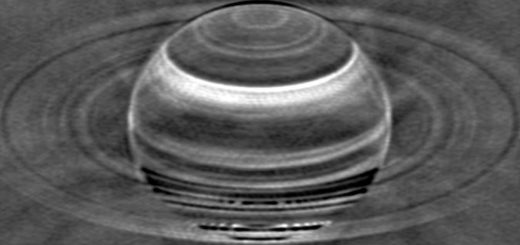US military wants to secure the internet by making it more quantum
The US Defense Advanced Research Projects Agency (DARPA) has assembled a team of researchers to make communication networks more secure by injecting them with quantumness
By Karmela Padavic-Callaghan
22 August 2025
Can we add quantumness to the internet to make it more secure?
NicoElNino / Alamy
The US military has launched an initiative to determine how quantum devices and particles could augment traditional communication networks – like those that make up the internet – to make them more secure.
Read more
Nothing is stronger than quantum connections – and now we know why
Quantum networks that share information via particles’ quantum states are extremely secure. For instance, the messages these states carry cannot be surreptitiously copied, thanks to the properties of quantum physics. Because of this, several quantum communication networks have already been built around the world.
But a fully quantum internet has been hindered because we don’t know how to build some of the devices crucial for making it work. Instead of waiting for all of the outstanding questions to be answered, the US Defense Advanced Research Projects Agency (DARPA) has started a programme to identify the near-term benefits of making existing communication networks more quantum.
Above all, the agency’s aim is to identify quantum additions that will be practical and useful in the near future, says Allyson O’Brien, programme manager for DARPA’s Quantum-Augmented Network (QuANET) programme. “We can’t make everything quantum off the bat,” she says.
In August, the QuANET team came together for a hackathon that culminated in a concrete demonstration: light put into a special quantum state was used to transmit images such as the DARPA logo and a simple graphic of a cat. At its best, this early test of a quantum-augmented network achieved bit rates high enough to stream high-definition video.


